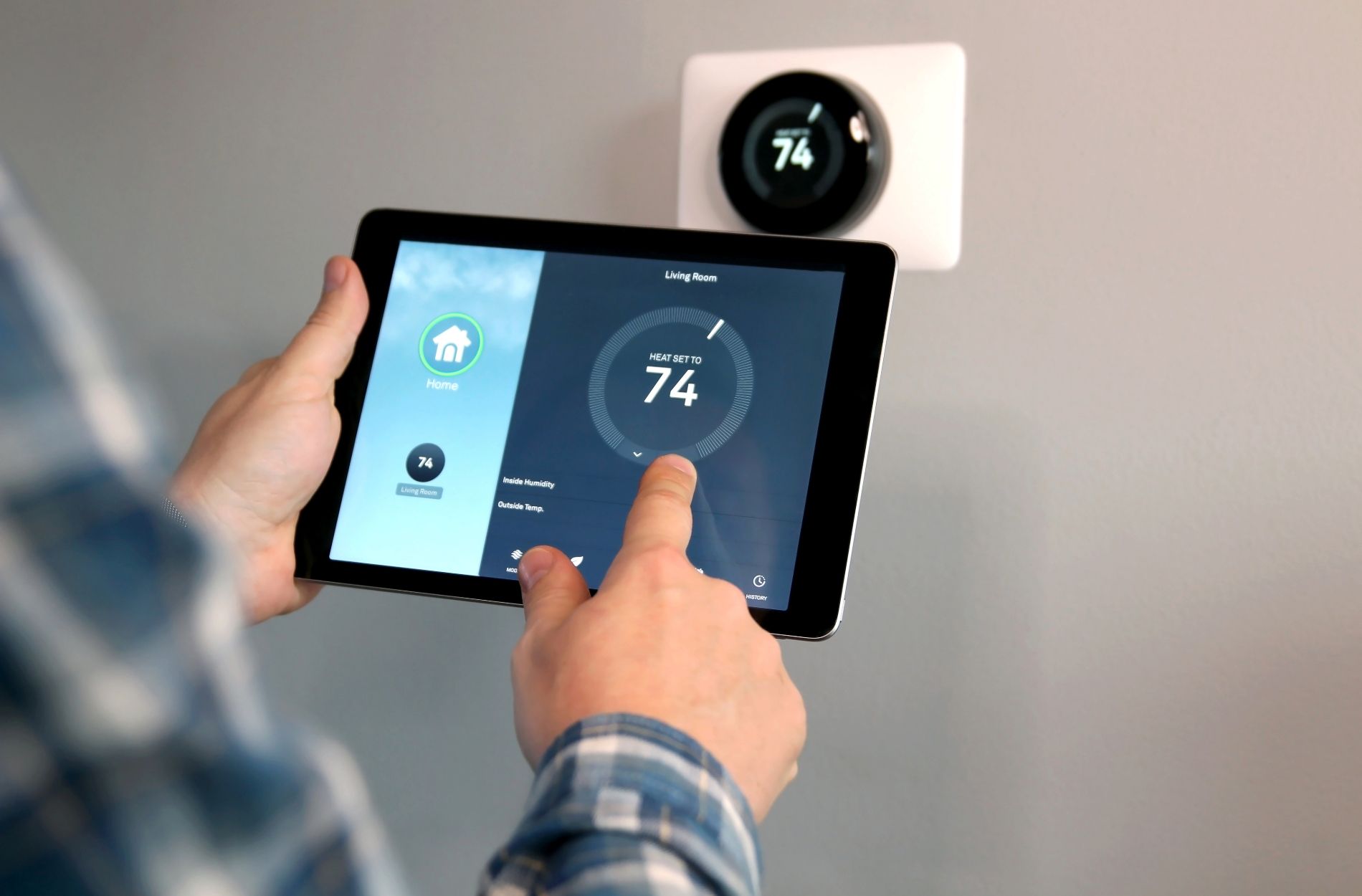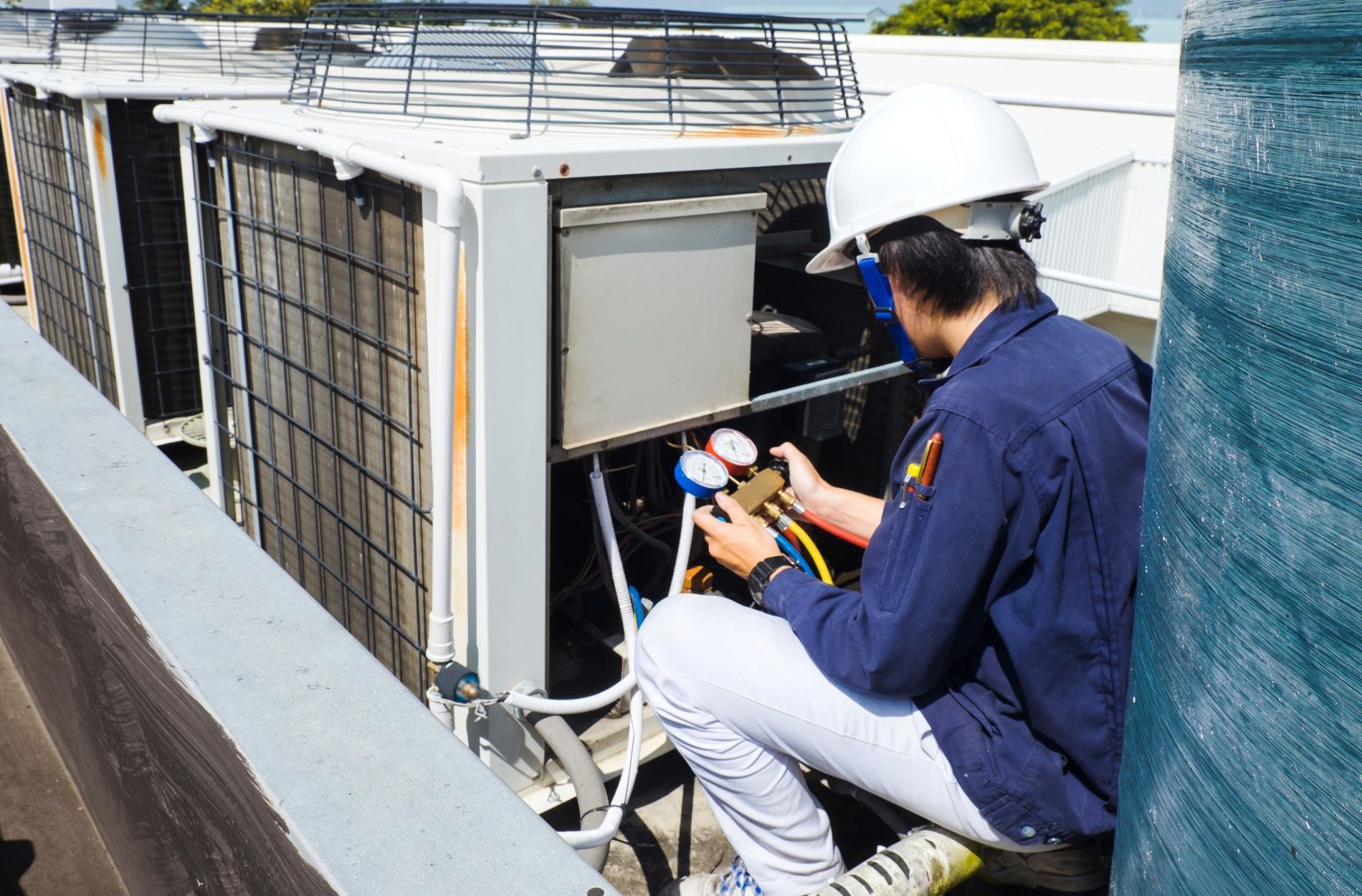Improve Your Indoor Air Quality with These Helpful HVAC Tips
Indoor air quality (IAQ) plays a crucial role in our overall health and well-being, especially considering we spend a significant portion of our time indoors. Unfortunately, indoor air can often contain a variety of allergens, pollutants, and contaminants, which can adversely impact the health and comfort of a home's occupants. A properly functioning and well-maintained heating, ventilation, and air conditioning (HVAC) system is essential for maintaining good indoor air quality and promoting a healthier living environment for you and your family.
In this informative and educational blog post, we will cover essential tips to help you improve and maintain the indoor air quality of your home using your HVAC system. We will discuss the role of filtration, ventilation, and humidity control in maintaining healthy indoor air, and provide guidance on regular HVAC maintenance tasks and system upgrades that can contribute to enhanced IAQ. Furthermore, we will cover the importance of addressing potential IAQ issues and share valuable information on how to identify common indoor air pollutants and their potential health effects.
At Anytime Heating & Air, we are committed to providing high-quality HVAC services to our community and helping you create a comfortable, healthy, and energy-efficient living environment. Trust our experienced technicians to guide you through the process of optimizing your HVAC system for improved indoor air quality and enhanced well-being for you and your loved ones.
Proper Filtration for Enhanced Indoor Air Quality
The quality of the air filters you use in your HVAC system has a significant impact on your home's indoor air quality. Air filters help capture particulate matter, allergens, and other air contaminants before they are circulated throughout your home. Consider these tips for improving filtration:
1. Choose High-Quality Filters: Opt for air filters with a higher Minimum Efficiency Reporting Value (MERV) rating, which indicates a filter's ability to capture and remove airborne particles. Filters with a MERV rating of 8 or higher are recommended for improved indoor air quality.
2. Replace Filters Regularly: Replacing your HVAC air filters at least every three months, or more frequently if you have pets or allergy sufferers in your home, is vital to maintain good indoor air quality.
3. Consider Additional Air Filtration Solutions: If you or your family members are particularly sensitive to indoor allergens or pollutants, consider investing in an air purifier or a whole-home filtration system for added IAQ improvement.
Proper Ventilation for a Healthier Home
Good ventilation is crucial for maintaining healthy indoor air quality. Properly ventilating your home allows stale, contaminated air to be replaced with fresh, clean air from outside. Follow these tips for improved ventilation:
1. Use Exhaust Fans: Make sure to use exhaust fans in your kitchen and bathrooms to help remove excess moisture and contaminants from these high-traffic areas.
2. Regularly Open Windows and Doors: Opening windows and doors periodically, weather permitting, can significantly improve ventilation and help remove stale air, allergens, and pollutants from your living spaces.
3. Implement a Balanced Ventilation System: Consider installing a balanced ventilation system, such as a heat recovery ventilator (HRV) or energy recovery ventilator (ERV), to provide optimal ventilation while minimizing energy loss.
Controlling Humidity for Improved Indoor Air Quality
Maintaining the proper humidity level in your home can significantly impact your indoor air quality. High humidity levels can promote the growth of mold and mildew, which can contribute to poor IAQ. Here's how to control humidity for better air quality:
1. Use a Dehumidifier: Invest in a dehumidifier to help reduce excess moisture in your home, particularly in damp areas such as basements and bathrooms.
2. Ensure Proper Ventilation: Adequate ventilation helps regulate humidity levels by expelling moist air and introducing fresh, dry air from the outdoors.
3. Keep HVAC Equipment Well-Maintained: Routine HVAC maintenance, including cleaning condensate drain lines and pans, can help ensure proper humidity control and prevent potential IAQ issues.
HVAC Maintenance and Upgrades for Improved IAQ
Regular HVAC system maintenance and timely system upgrades can contribute to enhanced indoor air quality. Here's how:
1. Schedule Routine HVAC Inspections: Annual inspections by a professional technician help ensure your HVAC system is functioning optimally and maintaining good IAQ.
2. Clean and Inspect Ductwork: Ensure your ductwork is clean and free of any blockages or leaks to prevent the circulation of contaminants and maintain healthy indoor air.
3. Upgrade to a UV-C Air Purifier: Ultraviolet (UV-C) air purifiers can be installed in your HVAC system and use germicidal UV-C light to neutralize viruses, bacteria, and mold spores, promoting cleaner indoor air.
Identifying and Addressing Indoor Air Quality Issues
Recognizing common indoor air pollutants and understanding their potential health effects is vital for addressing any IAQ issues in your home. Keep an eye out for signs of poor IAQ, such as:
1. Allergy Symptoms: If you or your family members experience increased allergy symptoms while indoors, it could be an indication of poor IAQ.
2. Mold and Mildew Growth: The presence of mold and mildew in your living spaces can signal high humidity levels and compromised indoor air quality, warranting immediate action to address the issue.
3. Unpleasant Odors: Persistent unpleasant odors in your home could be a sign of contaminants or pollutants originating from your HVAC system or other sources, such as pet dander, tobacco smoke, or chemical pollutants.
Conclusion
In conclusion, maintaining and improving indoor air quality should be a priority for every homeowner to ensure a healthy, comfortable living environment for their family. By following these tips and best practices, you can leverage your HVAC system to promote better indoor air quality and overall health.
Trust Anytime Heating & Air to help you optimize your HVAC system for improved indoor air quality. Contact us today to schedule a consultation or
HVAC system maintenance appointment, and experience the difference that high-quality HVAC services can make for you and your loved ones.


